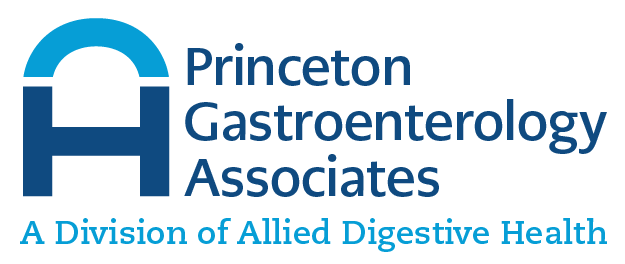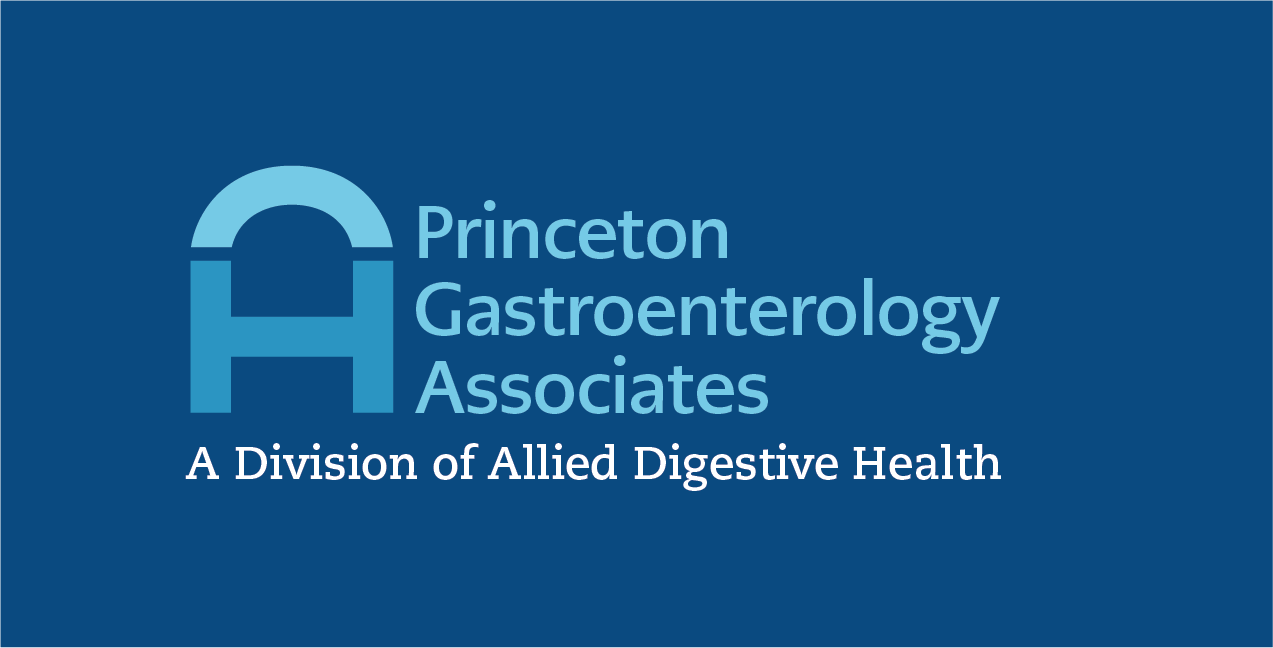
Probiotics & IBS Symptoms: What You Should Know
The human digestive system is complex, so it can take a complete overhaul to restore balance and improve health. For those suffering from symptoms of Irritable Bowel Syndrome (IBS), probiotics can play an important role in symptom relief.
This article will explore the various factors at play when considering probiotics for IBS and other digestive conditions. This includes what probiotics are and how they work. It also covers potential benefits in treating IBS symptoms and ways to start a healthy digestion journey.
What Are Probiotics?
Probiotics are live bacteria and yeasts that provide health benefits to their host. These beneficial microbes are found naturally in the digestive system. These are present in certain foods like yogurt, kimchi, sauerkraut, and kefir. Probiotic supplements may also be taken orally or administered through enemas to promote a healthy gut flora balance. The most common species used for probiotic supplementation are Lactobacillus acidophilus and Bifidobacterium bifidum. Other species may be used depending on the condition being treated.
When ingested, probiotics can help replenish essential microorganisms within the intestinal tract while aiding digestion. It breaks down food particles into smaller components that the body can more easily assimilate. Furthermore, they produce vitamins such as B12 and K2, which contribute to good health. Probiotics have also been linked with improving and preventing symptoms associated with Irritable Bowel Syndrome (IBS), antibiotic-associated diarrhea (AAD), necrotizing enterocolitis (NEC), travelers’ diarrhea caused by E Coli infection, and inflammatory bowel disease (IBD).
Probiotics and Constipation
Probiotics have been studied extensively as a potential remedy for constipation. These are beneficial bacteria that can help to improve overall gut health and digestion. Studies have shown that taking certain probiotic supplements, such as the Lactobacillus species, may help reduce constipation. They increase the number of healthy bacteria in the digestive tract and improve stool consistency. In addition, some research indicates that these probiotics may stimulate intestinal contractions and promote regular bowel movements.
Furthermore, consuming prebiotic-rich foods alongside these supplements can enhance their benefits. It provides fuel for growth and survival within the gut environment. Finally, studies have even suggested that increasing the intake of dietary fiber and regular probiotic supplements may effectively reduce constipation severity over time.
Probiotics and Diarrhea
Probiotics have been studied extensively for their potential benefits in reducing the symptoms of diarrhea. These are thought to help restore a healthy balance of bacteria within the intestinal tract. They can reduce inflammation and alleviate loose stool.
Additionally, some research suggests that certain probiotic strains may produce substances known as bacteriocins. They inhibit the growth and activity of harmful bacteria in the digestive system.
In addition to helping improve overall gut health, studies indicate that certain probiotics may improve immune response against infection-causing organisms such as E Coli or Salmonella species; this could potentially lead to fewer episodes of traveler’s diarrhea following contact with contaminated food sources or water abroad.
Probiotics are also being studied for their role in preventing antibiotic-associated diarrhea (AAD), a common side effect sometimes experienced when taking antibiotics due to disrupting beneficial bacterial populations within the intestine. Some evidence suggests that supplementing with specific probiotic strains before beginning treatment may reduce AAD incidence significantly.
It should be noted that additional clinical trials are needed before definitive conclusions about efficacy can be made regarding any particular strain or formulation used for treating diarrhea symptoms specifically.
How to Get Started With Probiotics
Getting started with probiotics is relatively easy and can be done through diet, supplements, or even enemas. Add fermented foods such as yogurt, kefir, sauerkraut, kimchi, and miso to your diet to begin incorporating probiotics into your daily routine. These foods contain live bacteria that can help to replenish the good bacteria in the gut while aiding digestion.
Alternatively, you may opt for a probiotic supplement that contains specific strains of beneficial microorganisms to promote healthy digestive balance; these are available over-the-counter at most health stores and pharmacies. If constipation is an issue, you may consider taking a prebiotic fiber supplement and the probiotic for added benefit.
Balance of Bacteria Is Important for Gut Health
The balance of bacteria in the gut is extremely important for overall health and well-being. Studies have shown that an imbalance of beneficial and harmful bacteria strains can lead to various digestive issues, including diarrhea, constipation, bloating, and abdominal discomfort. Furthermore, an unhealthy microbial environment within the intestines has been linked to more serious conditions such as irritable bowel syndrome (IBS), inflammatory bowel disease (IBD), celiac disease, anxiety, depression, and obesity.
The good news is that maintaining a balanced microbiome can be achieved through dietary modification and supplementation with probiotics, which promote healthy digestion by reducing inflammation levels within the gut while helping restore normal bacterial flora balance.
Probiotics May Relieve Symptoms of IBS
Probiotics have been shown to provide various health benefits, including the potential for relieving symptoms associated with irritable bowel syndrome (IBS). IBS is a gastrointestinal disorder characterized by abdominal discomfort, changes in bowel habits, and other digestive issues. Specifically, certain strains of Lactobacillus and Bifidobacterium are particularly effective at reducing IBS-associated inflammation levels in the intestine.
When looking for an appropriate probiotic supplement, it’s important to look out for those containing specific strains known to benefit individuals suffering from IBS, such as Lactobacillus acidophilus or Bifidobacterium longum. These should be listed on the label of any product you purchase. Additionally, many products will indicate which conditions they are best suited to treating, so make sure you read all packaging carefully before making your choice,
It’s also recommended to take one serving daily for several weeks or months, depending on individual needs. However, if constipation is an issue, adding prebiotic fiber supplements alongside the probiotic may provide additional relief. Finally, remember that consistency is key when trying any new supplement regimen, so make sure you adhere closely to instructions provided by your healthcare practitioner when using any digestive aid.
Advantages of Inactive Probiotics
Inactive probiotics are a type of supplement that contain beneficial bacteria in a dormant form. Unlike live probiotic supplements, inactive forms do not require refrigeration and have a longer shelf life as the organisms remain dormant until they reach the digestive tract. This makes them an ideal choice for those who need to take supplements while traveling and away from home. Inactive probiotics also offer more flexibility when it comes to dosing. Since these supplements can be taken on an empty stomach without any adverse effects, they allow users greater freedom in timing their supplementation around meals or other activities.
Furthermore, due to their non-living nature, these supplements may provide additional safety compared with active formulations as there is less risk of overgrowth or contamination with harmful microorganisms during manufacturing processes. Finally, studies suggest that some inactive strains may be equally effective at promoting healthy digestion as those found in active preparations. Overall, this could make them a great option for anyone looking to promote optimal gut health!
Contact Allied Digestive Health to Request an Appointment
For those looking for comprehensive digestive health care, Allied Digestive Health is here to help. With a team of knowledgeable and experienced professionals, we offer a wide array of services tailored to each individual’s needs. From routine screenings and diagnostic tests to specialized treatments such as endoscopy or colonoscopy procedures, our staff can provide personalized support at every step. If you would like to learn more about your options regarding probiotic supplementation, contact Atlantic Coast Gastroenterology Associates to request an appointment today.
Footer
© All Rights Reserved


